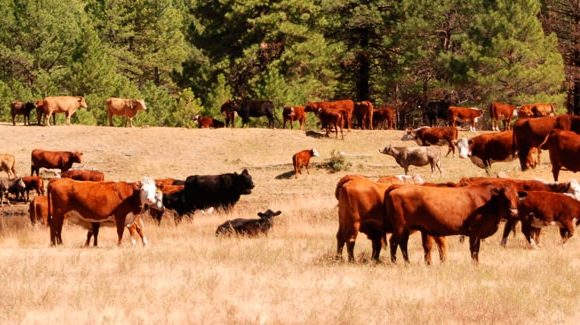American Farmland Trust conducted a scientific, academic survey of 1,729 farm, ranch and forest land owners throughout the United States from June to November 1997, in which respondents were asked their opinions about government environmental regulation and private property rights. The objective was to determine how those most affected by regulations feel about the extent to which they should share the cost and responsibility of environmental protection with the general public. The margin of error in the responses is plus or minus 3.3 percent at the national level. Generally, landowners showed a strong sense of responsibility toward stewardship of the natural resources under their control—acknowledging that both regulation and cost-sharing are important tools in achieving goals that benefit all of society. The most significant findings include:
Almost three-quarters of landowners report that they have not suffered any loss of property value due to zoning, erosion control, wetlands, endangered species or other environmental or land use regulations, although eight percent reported a large loss.
Many landowners said they preferred regulation to voluntary incentives to address many environmental challenges, particularly if accompanied by cost-sharing. A majority favor regulations for protecting farmland and curbing runoff of livestock manure and topsoil from logging. They are split almost down the middle on wetlands regulations. But three out of four favor incentives over regulation to protect endangered species.
Landowners believe that traditional values like “fair warning” and the “work ethic” should strongly influence whether they deserve compensation for any loss of property value due to regulation. Most say compensation should not be limited only to those landowners on whom the burden of regulation falls the hardest.
Landowners recognize that government actions can increase, as well as decrease property values and are willing to consider the total impact in determining how much compensation may be due for regulatory losses.
Two out of three landowners reject legislation that would make the loss of a specific percentage of property value due to regulation a “taking” requiring compensation. They prefer that other circumstances also be taken into consideration.
Two out of three landowners say that the cost, and by implication the responsibility, of protecting the environment should be shared with the general public.
To achieve this goal, AFT recommends: 1) environmental and land use policies offering a fair, effective combination of regulations and incentives, including a dramatic increase in conservation funding and elimination of counterproductive subsidies; and 2) a policy audit to identify and eliminate policies and programs that work at cross purposes to good land stewardship.





